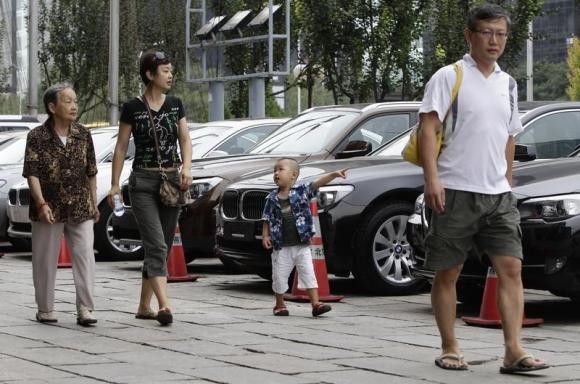Although overstocked car dealers in China have resorted to open letters of complaint, published in domestic media publications, the nation's auto market is not a closed book when the areas beyond the thriving metropolises are considered.
Automotive News China's Yang Jian, in his Friday editorial, paid particular attention to China's smaller coastal regions, where cars have become "must-have items these days for families."
The woe of the nation's auto retailers became public at the start of January, as demand in the world's largest car market was expected to reduce by half over the course of 2014 to 7 percent.
As a result, the China Automobile Dealers Association (CADA) peak body was called upon to represent the demands of dealership owners who sought compensation for the vehicle stock they agreed to take on board due to expectations of rapid growth. The magnitude of China's influence in the automotive sphere was witnessed in the subsequent compensation deals from major brand names like BMW, which agreed to a 5.1-billion-yuan ($820 million) subsidy payout.
For Yang, who is a native of Danyang, a tier-4 city located southeast of Zhenjiang, the importance of cars for the people in his hometown is akin to the status of bicycles during the 1980s, after China's central government invigorated the economy through reforms in the previous decade. Prior to the 1980s, when they became an essential household resource, bicycles only existed in big cities.
In addition to his hometown, the author's parents and brothers are now based in Zhejiang, where he says "nearly all families in the city have cars, which they need to commute to work." Second cars are even on the shopping lists of many families.
It is easy to forget about the actual nature of the world's most populous nation and its vast geographical spread. Through the shared experiences of writers like Yang, Internet users can understand that the major headlines typically convey only one part of the picture.
China's auto industry might be pausing for a breath--like the "new normal" economy it is a part of--but the needs of the entire population mean that there are corners of the market that will continue to thrive.



























